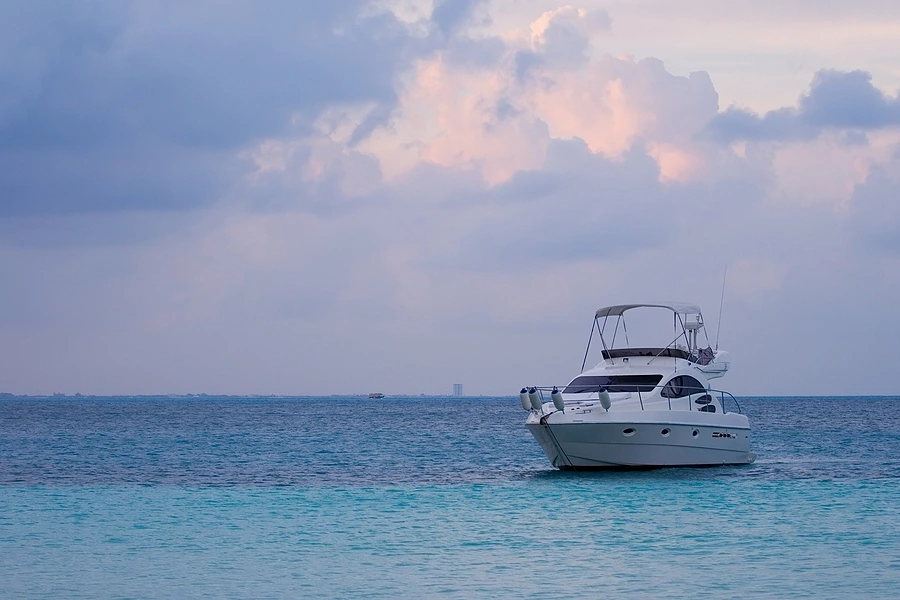Legal Steps to Take After a Boating Accident in St. Petersburg

Boating accidents in St. Petersburg can lead to serious injuries and significant legal complexities. If you are involved in a boating accident, taking the right legal steps is crucial to protect your rights and pursue any necessary compensation. This guide outlines the key actions you should take after a boating accident to ensure that you handle the situation effectively and protect your interests.
Ensure Safety and Seek Medical Attention
- Check for Injuries: Immediately assess yourself and others for injuries. Prioritize medical care for anyone who is hurt, even if injuries seem minor at first.
- Call Emergency Services: If the accident involves serious injuries or significant damage, call 911 or the Coast Guard. They will provide immediate assistance and ensure that medical help arrives promptly.
Document the Scene
- Take Photos: If it is safe to do so, take detailed photographs of the accident scene, including damage to the boats, any visible injuries, and the surrounding area. This visual evidence can be crucial for later claims.
- Collect Witness Information: Obtain the contact information of any witnesses who saw the accident. Their statements can provide valuable support for your version of events.
File a Report
- Notify Authorities: Report the accident to the Florida Fish and Wildlife Conservation Commission (FWC) or local law enforcement. Florida law requires reporting boating accidents that result in injuries, property damage, or fatalities.
- Obtain a Copy: Request a copy of the official accident report. This document provides a formal record of the accident and can be used as evidence in your claim.
Exchange Information
- Gather Details: Exchange contact and insurance information with other parties involved in the accident. This includes the names, addresses, phone numbers, and insurance details of boat operators and passengers.
Notify Your Insurance Company
- Report the Accident: Contact your boat insurance company to report the accident. Provide them with the necessary details and cooperate with their investigation.
- Document Communications: Keep a record of all communications with your insurance company, including phone calls and written correspondence.
Consult with an Attorney
- Seek Legal Advice: Consulting with a personal injury attorney experienced in boating accidents is crucial. They can help you understand your rights, navigate the legal process, and build a strong case.
- Review Legal Options: An attorney will review the specifics of your case and advise you on potential legal actions, including pursuing compensation for injuries, property damage, or other losses.
Preserve Evidence
- Maintain Records: Keep detailed records of medical treatments, repairs to the boat, and any other expenses related to the accident. These records will support your claim for damages.
- Avoid Social Media: Be cautious about discussing the accident on social media. Statements made online can be used against you in legal proceedings.
Understand Liability and Compensation
- Identify Liability: Determining liability in a boating accident involves investigating factors such as operator negligence, equipment failure, or environmental conditions. Your attorney will help establish who is legally responsible.
- Pursue Compensation: Depending on the circumstances, you may be entitled to compensation for medical expenses, lost wages, property damage, and pain and suffering. Your attorney will help you assess and pursue these damages.
Prepare for Legal Proceedings
- Gather Evidence: Work with your attorney to compile all relevant evidence, including witness statements, medical records, and accident reports. This evidence will be crucial for supporting your case.
- Follow Legal Advice: Adhere to your attorney’s guidance throughout the legal process. They will help you navigate negotiations, settlements, or court proceedings effectively.
Consider Settlement Negotiations
- Evaluate Offers: If an insurance company or other party offers a settlement, review it carefully with your attorney. Ensure that it covers all your damages and reflects the full extent of your losses.
- Negotiate if Necessary: Your attorney can negotiate on your behalf to secure a fair settlement. If a satisfactory settlement cannot be reached, they will prepare for potential litigation.
Conclusion
Handling a boating accident in St. Petersburg requires prompt and informed actions to protect your rights and pursue necessary compensation. By ensuring safety, documenting the scene, reporting the accident, and seeking legal advice, you can navigate the complexities of the situation effectively. Working with a knowledgeable personal injury attorney will help you address legal challenges and maximize your chances of a favorable outcome.
